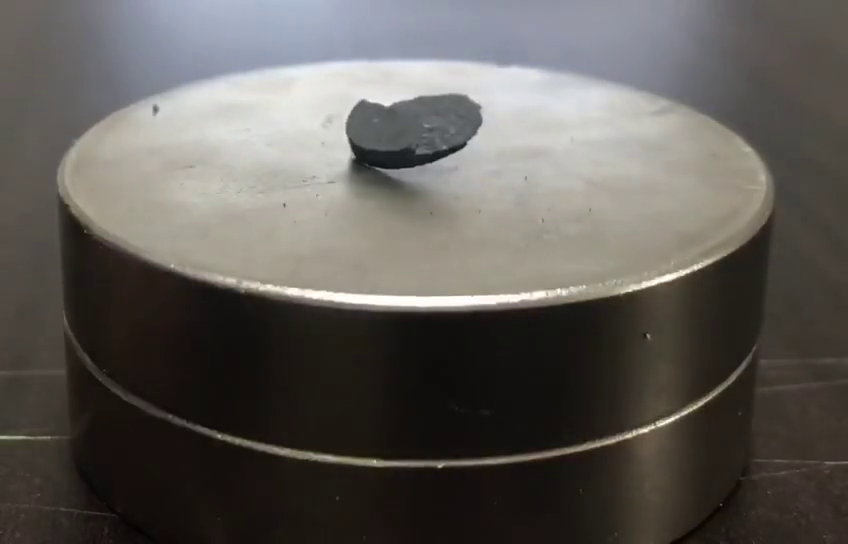South Korean scientists claim to have created a room-temperature superconductor, which could could revolutionise nearly anything that uses electricity or magnets. But many experts are still skeptical.
Superconductors currently require extremely cold temperatures to operate, limiting how they can be used. If the new material, dubbed LK-99, is a superconductor at room temperature, it could lead to far more powerful computers and levitating trains.
However, the news has been shrouded by controversy, as typical academic processes were not followed, and it was made public through a non-peer reviewed paper which was reportedly posted online without the consent of all the researchers involved.
Scientists globally are now attempting to create LK-99 in their own labs, to see if they can produce the same results.
The SMC asked local experts to comment.
Dr Philip Brydon, Senior Lecturer, Department of Physics, University of Otago; and Associate investigator, MacDiarmid Institute for Advanced Materials and Nanotechnology, comments:
“The ultimate goal of materials research is to be able to start with a list of desired properties and then be able to design and make this material in the lab. Although we’ve made a lot of progress towards this goal, we’re still a long way from reaching it (if we ever do).
“This means that there is a big role for serendipity: sometimes a researcher might get lucky and stumble over something amazing while looking for something else. After all, there’s a lot of ways to combine the chemical elements together!
“This might have happened here. Or maybe not.
“Some of the skepticism is that the current material seems to break what we know of the “rules” for superconductivity – but maybe the “rules” need to be updated. The high-temperature cuprate superconductors (which still need a pretty chilly -150 degrees Celsius to work) completely upended the conventional wisdom when they were first discovered in 1986. There are still important gaps in our knowledge of these materials after almost 40 years of intense research.
“It’s important to approach this with a bit of humility about our understanding. Nevertheless, there are good reasons to be skeptical, as several technical aspects of the data are not really convincing, and some of the more spectacular results may have an everyday explanation. But the materials research community is apparently taking this seriously, and in the fullness of time we will know if this is a major discovery or an embarrassing error.”
No conflict of interest declared.
Professor Rod Badcock, Senior Principal Engineer, Robinson Research Institute, Victoria University of Wellington, comments:
“The academic peer review process is critical to the scientific method that will then allow the claims to be proven, or disproven. This paper has not yet gone through this and the claims are premature until peer-reviewed and validated by the wider community. I am concerned that it was reportedly released without all authors consent, and there are questions over who the authors were; this isn’t normal academic protocol and does concern me – if they didn’t follow the scientific and the academic process, what other things have not been followed?
“The academic process exists for a reason. And that is to ensure that misleading or erroneous data, or even potential mistakes are weeded out during peer review, so that other scientists can follow their methods and attempt to replicate their results. It’s a tried and trusted method. It’s not like uploading something to YouTube.
“The synthesis was relatively straightforward and has been public for over a week; Their synthesis should have been replicated by other scientists by now. I’ve not seen the reports of replication which I’d expect to see.
“I would be overjoyed if the academic community replicates these results, because it has incredibly important implications, and opens the horizon to new types of superconductors and could lead to new science. But it needs to go through that academic review process.”
Conflict of interest statement: “I work for Te Herenga Waka working on the application of superconductivity into engineered systems.”
